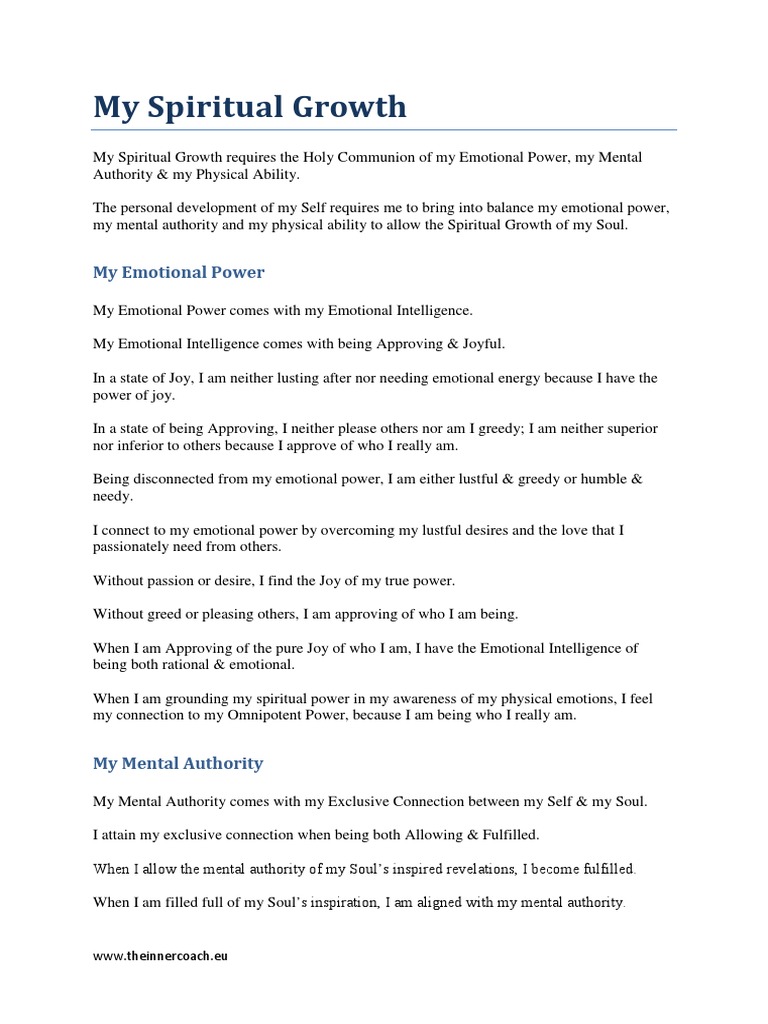The concept of self is one of the most intricate and multifaceted themes in Bahá’í teachings. At its core, the journey of spiritual growth often necessitates a curious paradox: the enigma of finding and subsequently forgetting the self. This juxtaposition is not merely a cerebral exercise; it is a delightful conundrum, engaging Bahá’ís and seekers of truth in a profound exploration of identity, purpose, and connection. The Bahá’í teachings offer insight into this conundrum, weaving together intricate threads of self-discovery with the eventual dissolution of the ego.
To begin, the first step in this spiritual odyssey involves the discovery of the self, a process akin to awakening from a slumber. The act of self-discovery is an enlightening expedition into one’s own essence, characterized by introspection and reflection. Through the lens of spiritual teachings, one learns that the self is not an isolated entity; instead, it is an integral part of a larger, interconnected reality. This awakening is often facilitated by practices such as prayer and meditation, wherein individuals cultivate a heightened awareness of their inner thoughts, emotions, and spiritual dispositions.
In exploring the notion of self within Bahá’í teachings, one may conjure the metaphor of an artist gazing at a blank canvas. Initially, the artist must confront the emptiness—a void filled with endless possibilities. Yet, it is through this exploration that they begin to manifest their unique vision. Just like the artist, each individual must confront their inner landscape, examining the myriad influences, beliefs, and experiences that shape their understanding of themselves. The eventual goal is not merely to create a self-portrait but to unveil the masterpiece that reflects the divine attributes bestowed upon every human being. This quest for authenticity is both illuminating and liberating; it beckons individuals to examine their values, aspirations, and behaviors, progressively leading them to comprehend their true purpose.
As one traverses this path of self-discovery, the recognition of one’s unique talents and potentials becomes apparent. Bahá’í teachings highlight that every individual possesses inherent nobility and the capacity to contribute to society. This recognition serves as a catalyst, propelling individuals to manifest their capabilities for the betterment of humanity. The act of finding oneself is enriched when individuals embrace their role within the collective, nurturing the belief that serving others is paramount to rejuvenating one’s spirit.
Yet, the journey does not conclude with the enlightenment achieved through self-discovery. The subsequent stage involves the paradox of forgetting the self, a profound existential realization that challenges the ego’s relentless grip. In this context, “forgetting” does not imply negation or dismissal of one’s identity; rather, it signifies transcending the ephemeral self to align with a higher reality. The Bahá’í teachings promote the notion that true fulfillment arises when individuals transcend their egocentric concerns and engage in selfless service, fostering a sense of interconnectedness with fellow beings.
This phase of forgetting the self can be illustrated through another metaphor: that of a river merging with the ocean. As the river flows, it preserves its identity, guided by its unique journey and experiences. However, the river’s ultimate destination—the vast, boundless ocean—demands the relinquishment of its individuality. In the Bahá’í view, this transformation is essential for spiritual growth; it invites individuals to embrace the collective consciousness, recognizing that their essence forms part of a grander narrative. To attain this state of unity, individuals engage in acts of charity, compassion, and service, emitting ripples of positive change in the world around them.
Furthermore, this intricate dance between finding and forgetting the self affirms that spiritual growth is not linear but rather cyclical. The process oscillates between awareness and release, individuation and surrender. Each turn in this spiritual spiral enriches one’s understanding and deepens their commitment to personal and communal development. It is within these cycles that individuals glean insights into their spiritual capacities, fostering resilience and nurturing a sense of purpose aligned with the collective good.
To elucidate the significance of this paradox, it is essential to engage with the various dimensions of spiritual growth entwined in the act of finding and forgetting the self. On a cognitive level, individuals grapple with identity formation, constantly reconciling personal aspirations and societal expectations. Emotionally, the transition from self-centered concerns to altruistic inclinations fosters profound transformations, cultivating love and empathy. Spiritually, the understanding of one’s connection to the Divine unveils a reservoir of strength, inspiration, and compassion, empowering individuals to actualize their potential.
As Bahá’ís endeavor to embody these teachings, they cultivate a culture of support, understanding, and growth within their communities. Recognizing that individual aspirations must be harmonized with collective aspirations engenders a nurturing environment conducive to self-actualization. This sense of belonging fosters resilience and solidarity, propelling individuals on their journeys while reinforcing the importance of unity in diversity.
In conclusion, the paradox of finding and forgetting the self within Bahá’í teachings offers a profound lens through which to explore the nature of spiritual growth. The narrative of self-discovery serves as a gateway to understanding the interconnectedness of humanity, while the relinquishment of the ego invites individuals to navigate a shared existence enriched by love, service, and purpose. Ultimately, this journey unfolds as an exquisite tapestry, with each thread representing unique experiences woven into the greater narrative of human existence, highlighting that true spiritual growth is emblematic of both individuality and unity.
